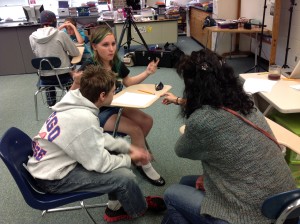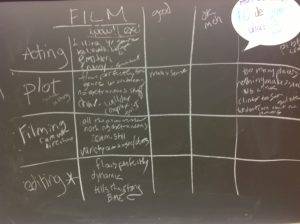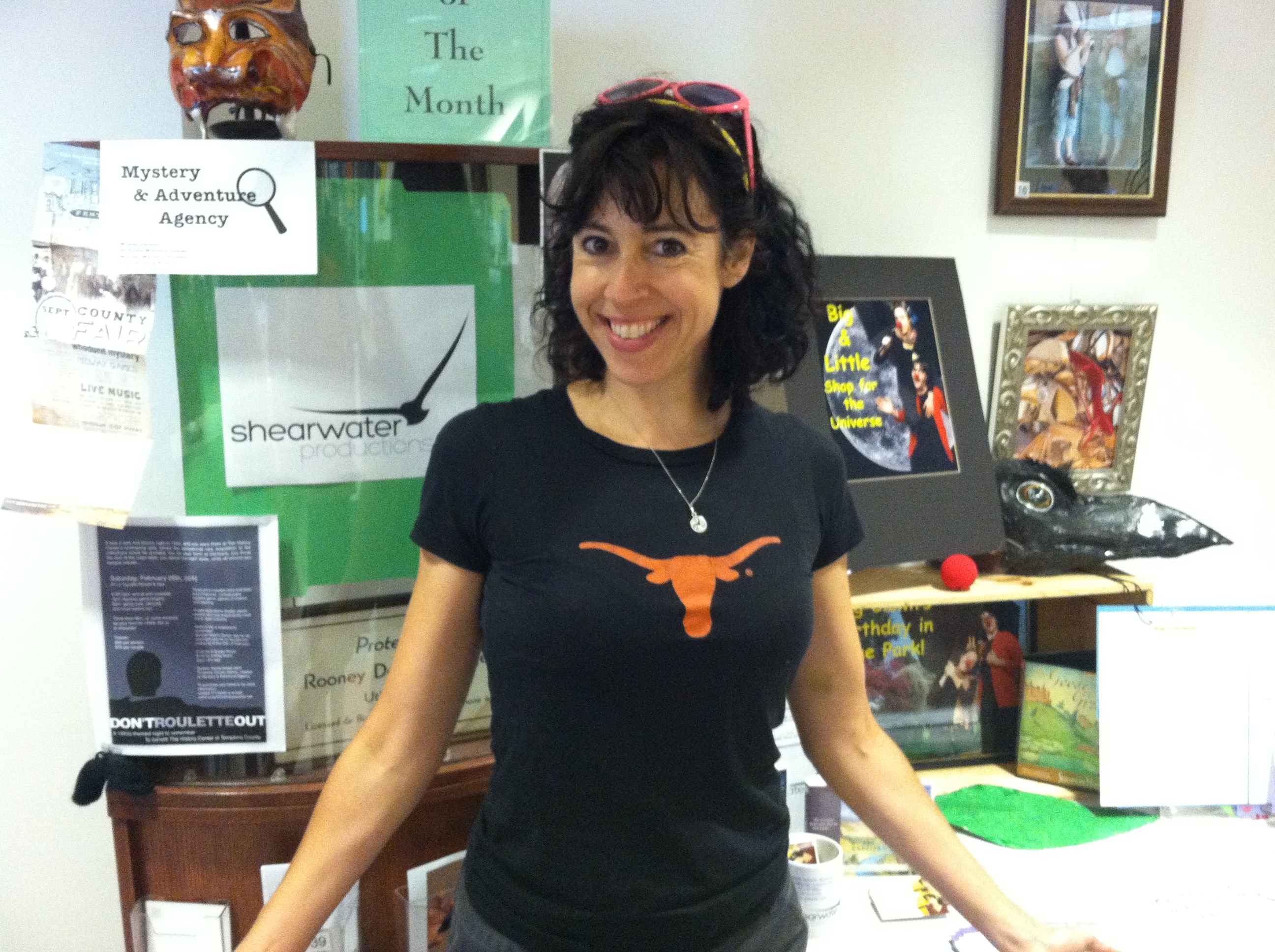I have had a rash of opportunities lately, both ones for which I applied and those for which others applied to me. This may seem obvious, but as artists, educators, community leaders — typically always looking for opportunities (jobs, partnerships, projects, and more) — we too often forget that what begets success, even in the face of what looks like failure, is less WHO we are than HOW we are.
Duh, right?
Yet, I know that at least two of my current projects came to me, not because I was the “best” (most stellar, most talented, etc), nor even because I am “very good” — I am, but so are hundreds of others. I was selected because of how I work. By the same token, I have selected others based on their interactions and their working reputations, and it is surprising to me how little attention folks give to that sort of thing.
So here’s three tips for landing the next one!
1. Lose graciously, and mean it
“Hi Holly
Thanks for letting me know. If I can ever be of any assistance, please feel free to contact me.
Many Thanks and Continued Success.”
I received the above note after passing along the information that this person was not selected by my client. Guess  what? I am personally going to seek out opportunities for this person, and hope that we get a chance to work together. Being able to find sincere gratitude for being considered will separate you from all those people who are annoyed that their superiority wasn’t recognized. Who wants to work with people like that? Most of us would rather work with people who are okay with not being right all the time. Cultivating that ability in yourself will have positive ripples in everything you do — it is one of the key ingredients of being a real team player.
what? I am personally going to seek out opportunities for this person, and hope that we get a chance to work together. Being able to find sincere gratitude for being considered will separate you from all those people who are annoyed that their superiority wasn’t recognized. Who wants to work with people like that? Most of us would rather work with people who are okay with not being right all the time. Cultivating that ability in yourself will have positive ripples in everything you do — it is one of the key ingredients of being a real team player.
2. Be a great worker
Be hard working. Again, a no-brainer, right? You’d be surprised how many people think they have a reputation as a hard worker, when actually their reputation is for being a bit of a partier or for having a long turn-around time or for saying they will do “x” and then not doing it. Part of being a hard worker is setting benchmarks, and making sure they are realistic. This is a great way to make sure everyone is on the same page every step of the way, and meeting deadlines will help establish your reliability. I have been hired by folks who do not like me as a human, because they know I will do a really good job.
 Be a good communicator. This means a few things.
Be a good communicator. This means a few things.
* One, please do NOT use long-form narrative as your email style. Outlines, bullet points, and clear formatting makes the information easy to pull out, so different folks can easily see different bits. Email also allows you to use colours and highlights — using purple or blue with bold makes a name pop out without it looking like shouting. If you are responding to an “You didn’t get the job” email with your thanks, go ahead and use subtle but innovative and clear formatting (like bold with blue for something). It will intrigue and hint at your awesome skills.
* Two, please make sure your cell phone/office phone message box is both set-up and not too full for more messages, and then please return calls. Nothing is more maddening than trying to hire someone and not being able to reach them. A quick way to go from hire to fire!
* Three, if something is unclear, ask, in a nicely formatted question with a short recap. I recently was on a team and a volunteer (whom I did not even know) did a “checking in” email that was so well thought-through, so short and so clear that I decided to actively recruit her for future projects of my own.
3. Be outcome-oriented
What does a successful outcome look like, in precise terms? How will we know? I am working on one project where  “success” means that all the participants become active stakeholders in the creation of a play, take positive risks, and have fun. Another requires a highly detailed, visually stunning mask. People tend to be more clear about desired outcomes when discussing a concrete object, less so when the final product is an experience had by the consumer (a bridal party, an audiobook, a workshop), and even less so when the success of an endeavour is in the process itself. Become good at asking those questions, even in the application stage. Your clarifying questions will mark you as a teammate worth having, and you will be remembered.
“success” means that all the participants become active stakeholders in the creation of a play, take positive risks, and have fun. Another requires a highly detailed, visually stunning mask. People tend to be more clear about desired outcomes when discussing a concrete object, less so when the final product is an experience had by the consumer (a bridal party, an audiobook, a workshop), and even less so when the success of an endeavour is in the process itself. Become good at asking those questions, even in the application stage. Your clarifying questions will mark you as a teammate worth having, and you will be remembered.



